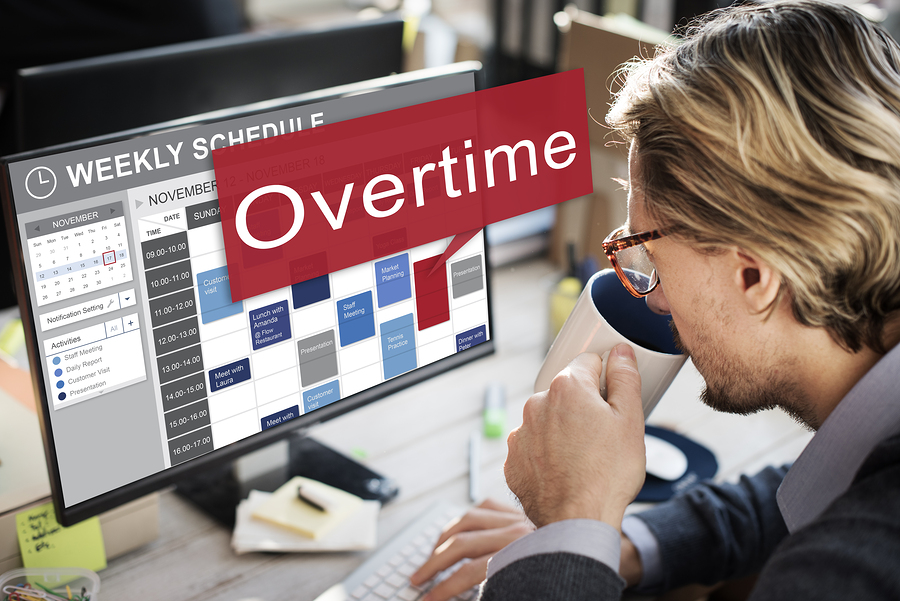Cutting costs is a timeless quest for businesses of every kind, from startups to established companies. It's a challenge because reducing expenses without sacrificing quality or productivity can sometimes feel like a guessing game. But with proactive planning and strategizing, any business can make informed, data-driven decisions that improve profitability in the long run.
Controlling Costs at the Fulfillment Level

One of the most significant areas where costs can spiral out of control is in fulfillment. Shipping, packing, and handling products can be expensive and eat away at profit margins if not adequately managed. One key strategy businesses can use to control fulfillment costs is to work with a third-party logistics (3PL) provider. A 3PL provider can help reduce costs associated with warehouse storage, transportation, and handling of products. Outsourcing fulfillment can also relieve a business of the burden of staffing, training employees, and investing in expensive equipment.
Another technique for controlling costs at the fulfillment level is through route optimization. This technique involves identifying the most efficient routes for deliveries and pickups, reducing fuel consumption, and shortening travel time. Route optimization software can help businesses achieve this goal, as well as creating the most efficient routes based on current traffic, road conditions, and other factors.
Controlling Claims Costs

Another major cost driver for businesses is insurance claims. Insurance companies are in business to make money, and the fewer claims they pay out, the more profitable they are. To reduce costs associated with insurance claims, companies must take a proactive approach to risk management. This means identifying potential risks and implementing processes and procedures to mitigate those risks.
Businesses can also reduce their insurance premiums by raising deductibles or self-insuring for smaller claims. This strategy can help lower monthly premiums but does require businesses to have enough cash reserves to cover any potential losses.
Tips for Controlling Legal Fees

Legal fees account for a significant portion of a company's expenses, especially for businesses dealing with compliance or regulatory issues. To control legal costs, companies can take steps to minimize legal risks from the outset by staying informed on laws and regulations and ensuring compliance with them. Working with experienced attorneys who specialize in business law can also help avoid costly missteps along the way. Attorneys can advise on the most efficient and cost-effective ways to approach legal issues, including alternative dispute resolution methods and negotiating settlements.
One key strategy for controlling legal fees is to develop a relationship with a law firm and work with them on a retainer basis. This arrangement typically involves paying a flat fee for a set number of hours each month or quarter. Having a retainer relationship with a law firm can help businesses forecast legal costs, prioritize legal issues based on business goals and budget, and avoid unexpected legal bills.
Controlling Overtime Costs

Overtime costs can add up quickly, impacting a company's bottom line. To control overtime costs, businesses must first evaluate the root cause of the overtime and determine whether it is necessary or avoidable. In some cases, overtime is necessary to meet production demands or fulfill customer orders. However, if overtime is consistently increasing, it may be a sign of inefficient processes or an understaffed workforce.
One strategy for reducing overtime costs is to cross-train employees, ensuring that multiple employees can perform each task. This approach can help ensure that staffing needs are met and reduce the risk of burnout. Creating a flexible work schedule, offering personal time off, and encouraging work-life balance can also help reduce the need for overtime.
Controlling various costs in a business is challenging, but not impossible. By analyzing expenses, setting budgets, and implementing cost-saving strategies, businesses can improve profitability and prepare for long-term success.
